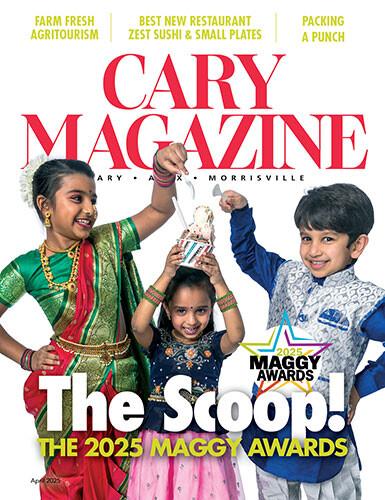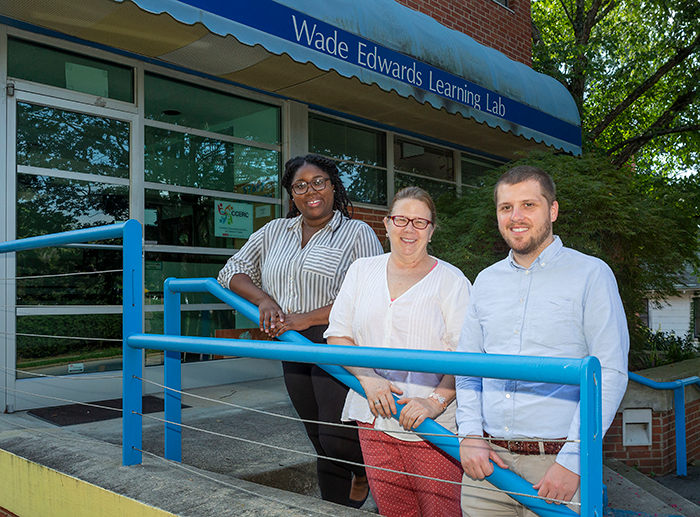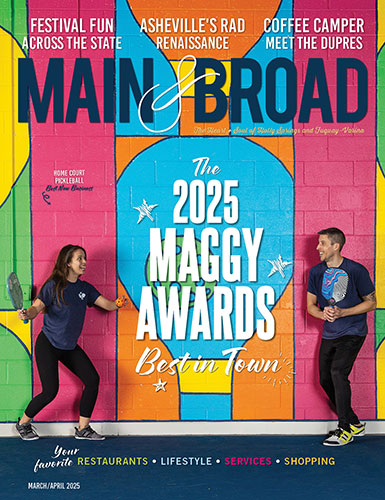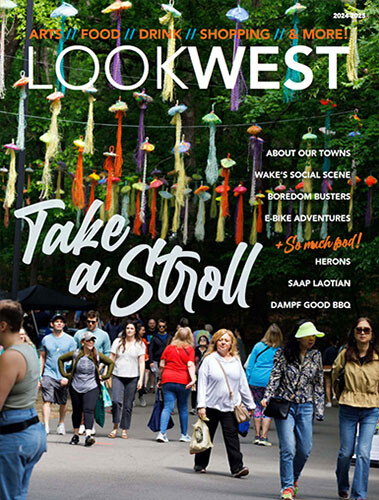The Wade Edwards Learning Lab was created so all high school students in Wake County would have a chance to be successful in the classroom and beyond.
The WELL is an after-school program that offers free academic tutoring, homework assistance, college test prep, summer workshops, volunteer opportunities, access to free or reduced cost mental health services and other youth development programs.
“We serve high school students, and there are not many programs like ours,” said Betsey McFarland, executive director of the Raleigh-based nonprofit. “We provide services, guidance and programming that helps these emerging young adults figure out what they want to do, and we help the families that are there to support them.”
The nonprofit was founded in 1996 by Elizabeth Edwards, the wife of former senator John Edwards, to honor the life of their son Wade, who was killed in a traffic accident. She had a vision of empowering all high school students, so they could succeed.
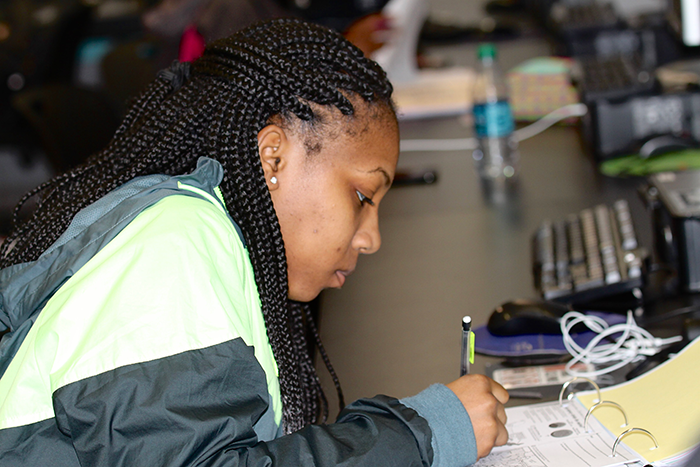
Submitted photo by Loop Creative
The WELL is unique, as it serves high school students from across Wake County, not just in Raleigh. Of the many services the WELL provides, McFarland says the academic services are the most beneficial. Because the tutoring is free, students from all different backgrounds and income levels can receive help.
The tutoring sessions are typically conducted in small-group sessions. But with schools operating online due to COVID-19, the nonprofit has adapted its tutoring sessions to a virtual format.
“We were able to work with a few of our volunteers to offer virtual tutoring. We plan to continue that service as well as resume our in-person on-site tutoring,” McFarland said.
The addition of online tutoring opens access to that service for a whole group of students who don’t have the means to get to the physical location in Raleigh’s Cameron Village. More volunteers are also able to participate, expanding the services the Wade Edwards Learning Lab provides.
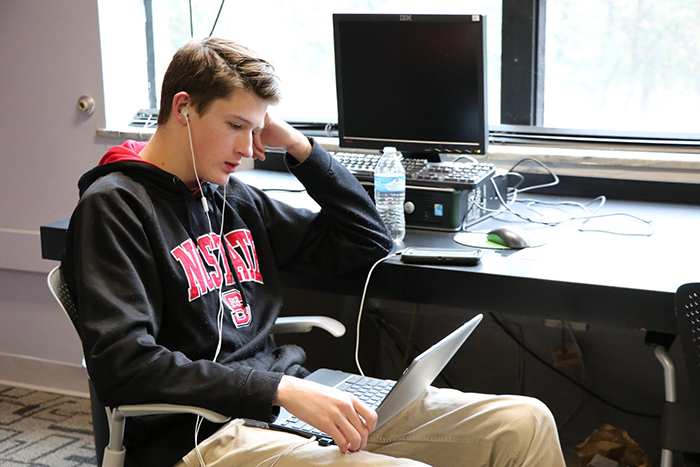
Submitted photo by Loop Creative
“It is one of those unique silver-linings, said McFarland. “We have missed our kids so much. We have missed having them in the building; we have missed graduation for our seniors. But we are figuring out ways in which, as we look to the fall, we can serve any number of more students, because we have recruited new volunteers.”
The nonprofit doesn’t focus only on students’ academic success; it takes a holistic approach by also providing enrichment opportunities and mentoring. The Life, Expectations and Planning program (LEAP), helps juniors and seniors navigate the last two years of high school and prepare them for college or the workforce.
“LEAP is that program that continues to encourage them, guide them and give them resources,” McFarland said.
Jillian Shivery, an N.C. State University student, tutor, and LEAP mentor, heard about the program through the university and signed up about a year ago. She is the daughter of a single mother and has four siblings, and she recalls having to do a lot of things on her own. Volunteering at the WELL, she says, gives her the perfect opportunity to help other students in similar situations.
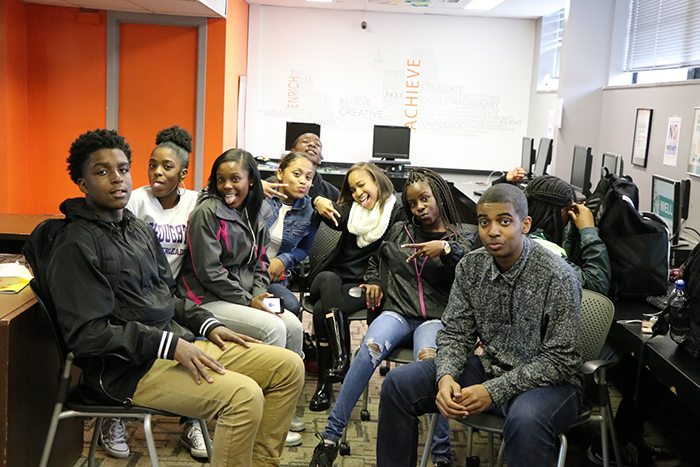
Teen Talk, a group that met weekly at the WELL until March, gives youth a place to share experiences with others who might face similar concerns. Each session is facilitated by trained counselors. Photo by Loop Creative.
Shivery tutors in math and sciences — physics, chemistry and precalculus, to name a few. She is also involved with the LEAP mentor program, where she supports students who are getting ready to go to college. She answers any questions regarding how to apply for financial aid or what it is like living in a college dorm.
“Most of the students that come here want help,” said Shivery. “You [the volunteer] feel like you are getting something out of it, because you are helping students understand the material that they might not have understood without your help, and they are also getting the help they need. It is very beneficial to both parties.”
The greatest need for the WELL is volunteer tutors; however, tutors are also needed for the WELL rounded program, where students work on workforce development and life skills.
For information on volunteering, please visit wade.org.
- Woman of Western Wake: Anne Clem Whitaker
- Woman of Western Wake: Carla Mantilla
- Woman of Western Wake: Lisa Higginbotham
- Woman of Western Wake: Rev. Dr. Rose Cornelious
- Woman of Western Wake: Willa Brigham
- Presenting the 2020 Women of Western Wake
- Nonprofit Spotlight: Wade Edwards Learning Lab
- From the Editor: Making it Work Remotely
- News from the Home Office
- Restaurant Profile: The Peak on Salem
- Liquid Assets: Mort’s Trophy Lager from Trophy Brewing Co.
- Garden Adventurer: Vitex, the Other Summer Show
